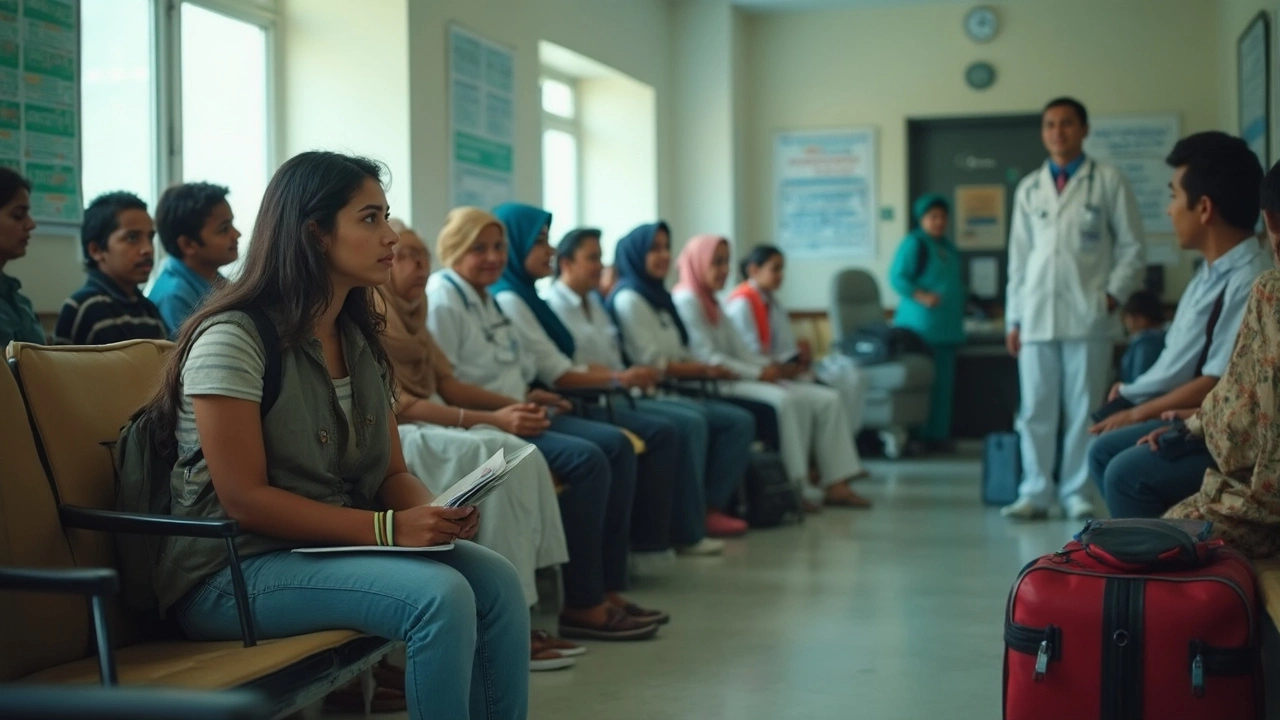Emergency Care Overseas: What Travelers Should Know
When you’re looking at Emergency Care Overseas, the immediate medical help you can get while abroad, whether in a city hospital or a remote clinic. Also known as international emergency medical services, it plays a crucial role for anyone traveling, studying, or working away from home.
Key Factors That Shape International Emergency Care
One of the biggest drivers behind emergency care overseas is medical tourism, the practice of traveling to another country for health treatment, including urgent care. Medical tourism isn’t just elective surgery; it also includes emergency visits that happen unexpectedly. Because you’re outside your home health system, you’ll need travel health insurance, a policy that covers medical emergencies, evacuation, and follow‑up care while you’re abroad. Without it, the cost of an emergency stay can skyrocket, and you may face hurdles getting the care you need promptly.
Choosing where to go for emergency care often depends on healthcare quality rankings, independent scores that compare countries on safety, outcomes, and patient experience. Rankings from bodies like the WHO or the Commonwealth Fund highlight which nations consistently deliver fast, effective emergency services. When you line up a destination with a high ranking, you reduce the risk of delayed treatment and increase the odds of a smooth recovery.
Regulatory environment is another piece of the puzzle. Countries with strict accreditation standards for hospitals and emergency departments tend to have better-trained staff and modern equipment. This ties back to the rankings: higher‑scoring systems usually enforce those standards. So, checking a nation’s medical board policies and whether its hospitals hold international accreditations (like JCI) gives you a clearer picture of what to expect in an emergency.
Finally, practical logistics matter. Knowing the local emergency number, the nearest trauma center, and the language capabilities of the staff can make a huge difference. Many tourist hotspots now offer multilingual hotlines and English‑speaking doctors specifically for foreign visitors. Planning ahead—saving contacts, mapping hospitals, and confirming insurance coverage—helps you act quickly if something goes wrong.
Below you’ll find a curated set of articles that dive deeper into each of these areas, from real‑world medical tourism stories to tips on picking the right travel health insurance and understanding global healthcare rankings. These reads will equip you with the knowledge you need to stay safe and get the right care when you’re far from home.

What Happens If You Get Sick in Another Country? Medical Tourism Essentials
Ever wondered what happens if you get sick while traveling in another country? This guide covers everything from finding care and navigating language barriers to dealing with costs and unexpected health emergencies abroad. You’ll get real tips for handling minor and major health issues, and learn how medical tourism can change your options overseas. Expect direct advice and practical steps if things go sideways. Don’t wait until you’re in a hospital bed in Bali to think about this stuff.
read more



